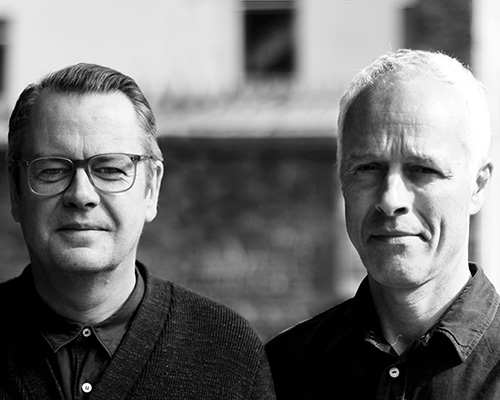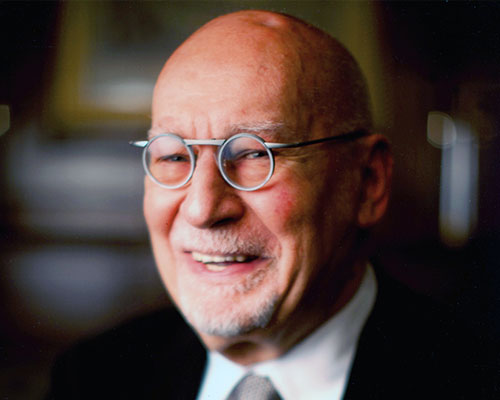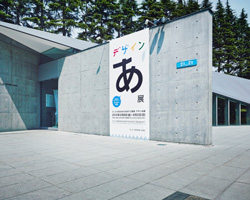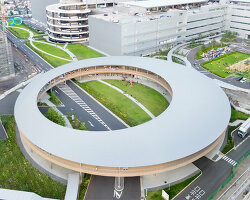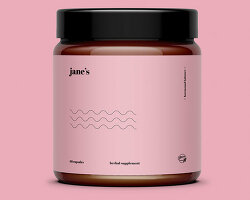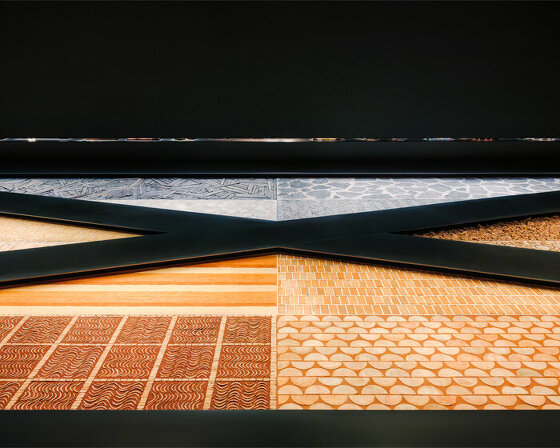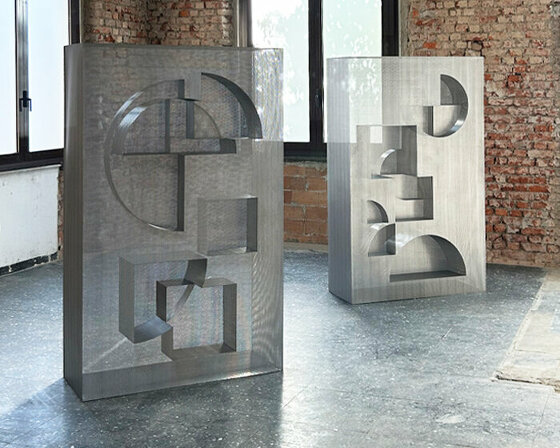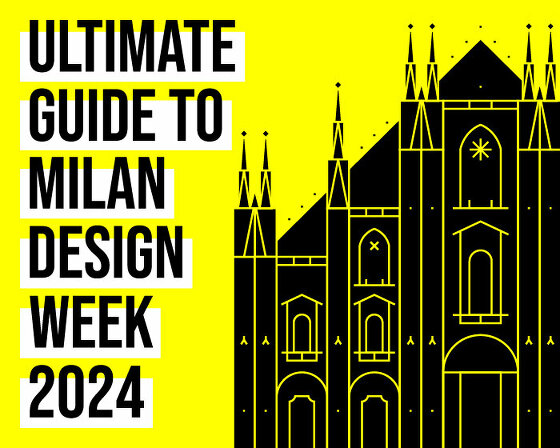ian ritchie (left) and andy knowles (right), co-founders of jones knowles ritchie (JKR)
jones knowles ritchie (JKR) is a global design agency based in london that was founded in 1990 by joe jones, andy knowles & ian ritchie. jkr, which also has offices in new york, shanghai and singapore focusses on brand identity, packaging and campaigns for clients such as heinz, budweiser, PG tips among others. designboom spoke to andy knowles and ian ritchie to learn more about their work and thoughts on branding…
designboom: what originally made you both want to work in branding?
ian ritchie: for me it wasn’t a case of wanting to work in branding – rather, I wanted to help companies solve problems and, given I’m a designer, I believe that great design can really help overcome business challenges. a lot of design is taken for granted but the brand identity and branding cannot be ignored. branding is real; it’s out there, it’s interacted with on a daily basis and, if done well, it can drive significant commercial growth for brands. this was a viewpoint andy shared with me. we both believe good branding and design enable both companies and consumers to make better decisions quicker and wanted to facilitate this.
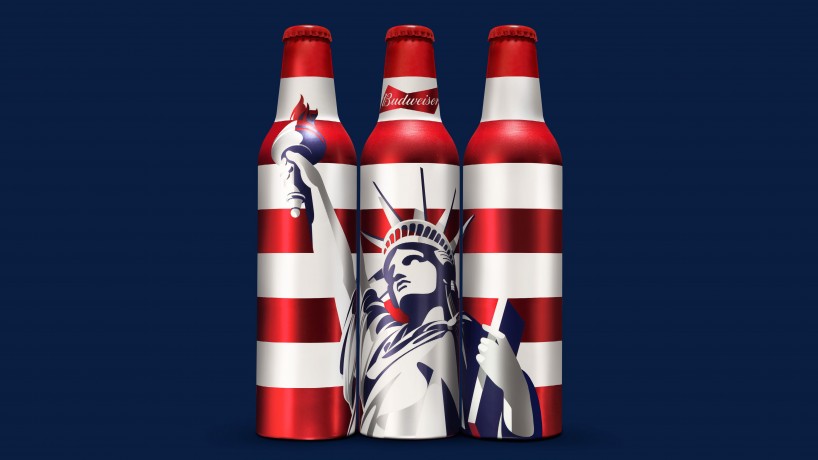
budweiser packaging
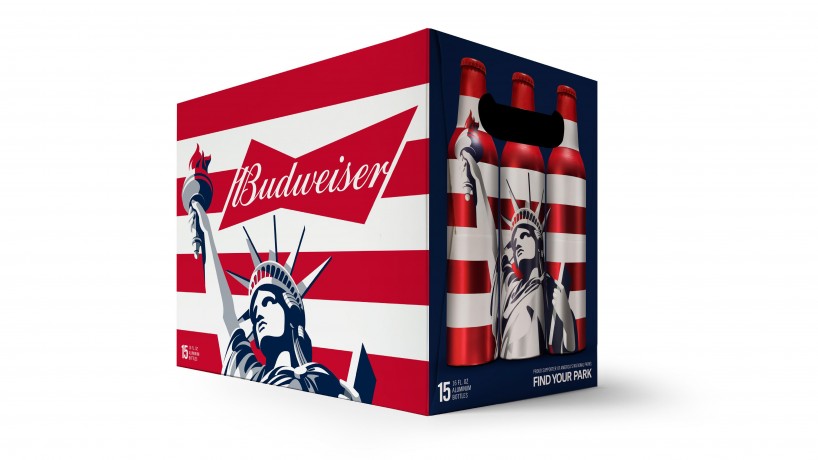
budweiser packaging
DB: how did you meet and what made you decide to start a company together?
andy knowles: we met when I was marketing beer – I was heading up the innovation team and ian was the principle designer for us. we worked well together and realised very quickly that we shared the same perspective on the role of design in driving business success. this similarity of vision partnered with the fact that many companies were craving new ideas to help them combat the recession of the late 80s, created the perfect opportunity for us – it was the right time and the right opportunity to combine our skills with those of joe jones to create jones knowles ritchie.
DB: how would you describe jkr’s approach to design?
andy: charisma by design is our defining philosophy. we search for the source of charisma in brands and then look to amplify it. over the past 25 years we’ve become disciplined about staying focussed on the prize and strive to keep it simple.
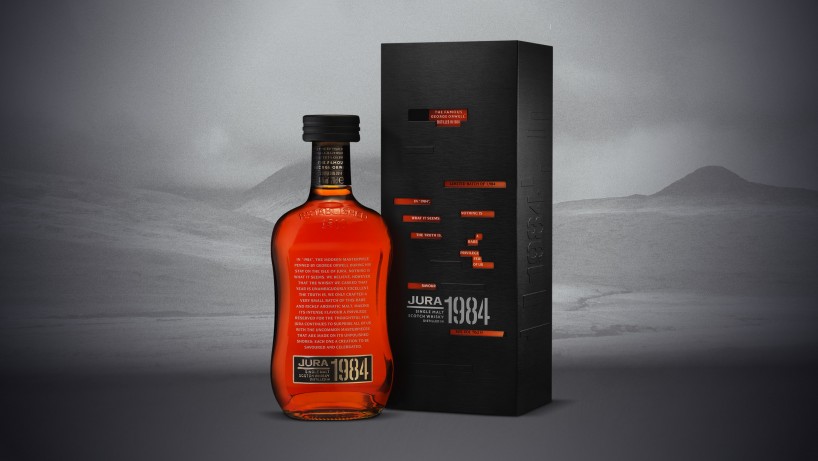
jura 1984 vintage packaging
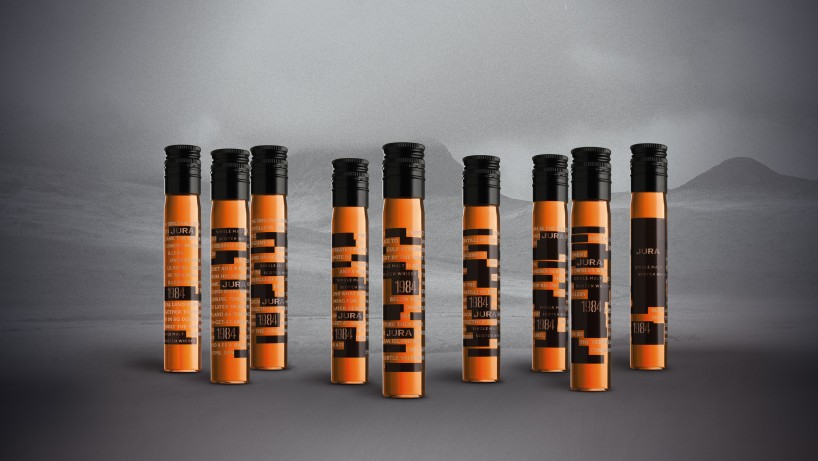
jura 1984 vintage packaging
DB: what would you say is each of your strongest skills and how do they complement or contrast?
ian: our strongest skill, arguably, is understanding that we need to be different. we don’t try to do everything ourselves and give each other the space and support to do our individual parts well. for example, as a designer, having someone to take ownership of the commercials in the early days and ensure that I didn’t undermine the value of the work we were creating was priceless. today we continue to complement one another by continually asking ourselves who is best equipped to help our clients – our shared desire to do the right thing for the brand has become more than just an ideal, it is a benchmark we use to keep ourselves in business. I think this is why we’ve enjoyed such long relationships with brands – they know that we have designed and developed the agency around them and their success.
DB: what type of brief or project do you enjoy working on the most and why?
andy: for us it’s less about the type of project and more about the type of client that excites us. the clients that we enjoy working with are those who paint a clear vision of what they are looking for. they are the ones who are prepared to remove obstacles so that you can not only uncover the nuggets that will help take their brand to the next level but also act on them. they are the clients who understand that sometimes the blindingly obvious is actually the answer, the ones who trust you to do the right thing.
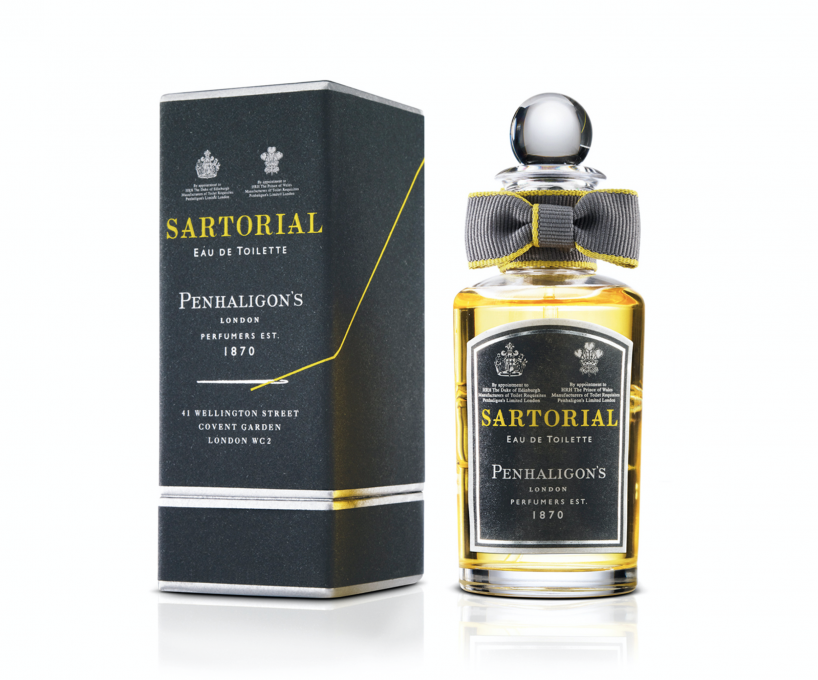
sartorial packaging
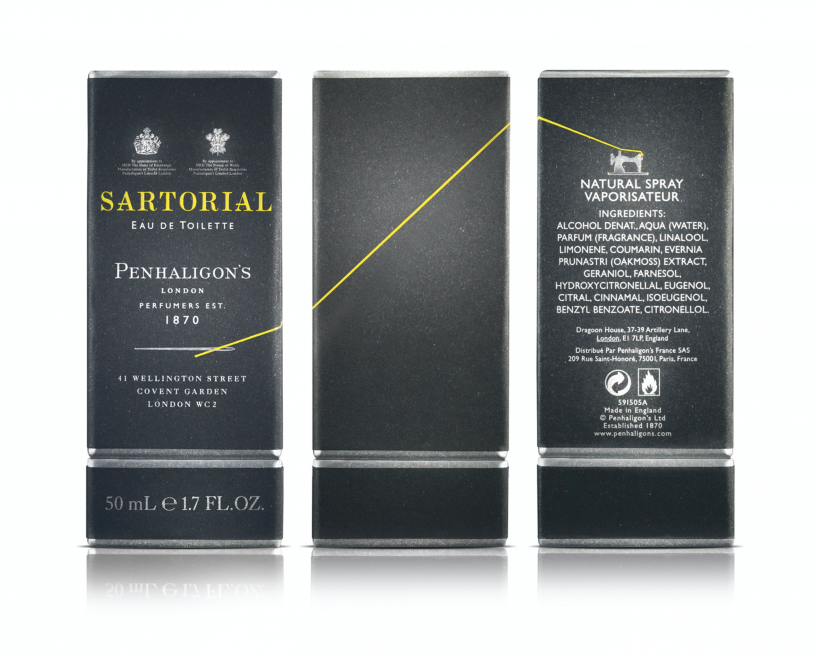
sartorial packaging
DB: what are your thoughts on specialisation vs generalisation?
ian: when we started out in 1990, generalists were the vogue of the day. everything could be done for a dollar and everyone could turn their hand to any discipline if the price was right. we didn’t go down that route because we felt that we could deliver the most success for clients by specialising. our expertise and experience was in packaging so this was where we could deliver most for clients.
over time, of course, you start to understand where the principles you apply can work outside of your specialism but for us it is important to only work on campaigns where we are fully qualified. as andy puts it – ‘to be the best you can be you need to specialise’. this means turning projects away, but we’d much rather partner with others or pass on opportunities if we really don’t believe we are going to be able to help. for us it really is about doing the best for clients, and sometimes that isn’t us but another specialist.
DB: how do you think online design resources have influenced the branding being produced today?
ian: whilst it is key for designers to continually look outward for inspiration, it is important to note that continually searching the resources out there that document what other people have already done isn’t the same as taking inspiration – it is imitation. looking to take elements from existing designs or trying to recreate ‘X brand’ makes the process less and less about the brand and more about design for design’s sake. design should always come from the essence of the brand, not the success of what has come before. we’re looking to capture what it is about the brand that makes them different and use that to help the brand stand out.
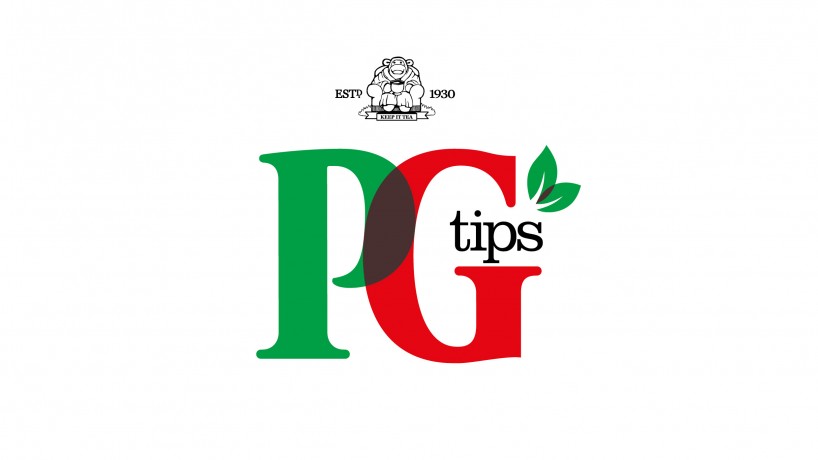
PG tips identity
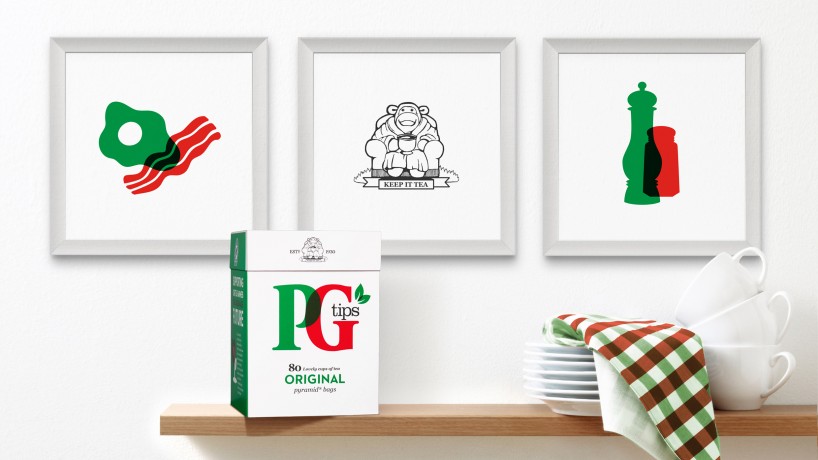
PG tips identity and packaging
DB: what are you currently fascinated by and how is it feeding into your work?
andy: I’m currently fascinated by the rapid change in the grocery sector. social change, online shopping and the price war are fermenting a revolution. history is being rewritten all around us. as a consequence, branding can be the difference between success and failure, profit and loss. we’ve never been in such a competitive or exciting time.
ian: for me, the fact that brands – particularly grocery brands, are so afraid to move away from the old rules is symptomatic of something bigger; a desire to reflect a particular era rather than where we are now. nostalgia has been and continues to be a huge focus for grocery brands; they all anchor themselves in the past and think that this will create an emotional connection that will drive growth. however, today’s consumer is evolving so rapidly and wants brands to keep up with them, to evolve with them. the art of keeping abreast of change without diluting the brand is something that i’m enjoying exploring and hope to do more of.
DB: what are you passionate about besides your work?
ian: running a successful business requires you to be fully preoccupied by it but when I do get down-time, I enjoy spending time with my family and travelling.
andy: just trying to live well, do some good and have fun.
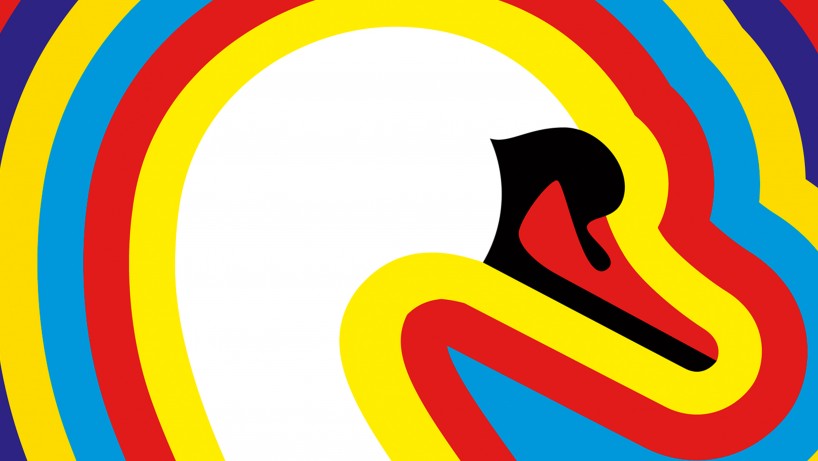
swan (tabaco rolling papers and filters) identity
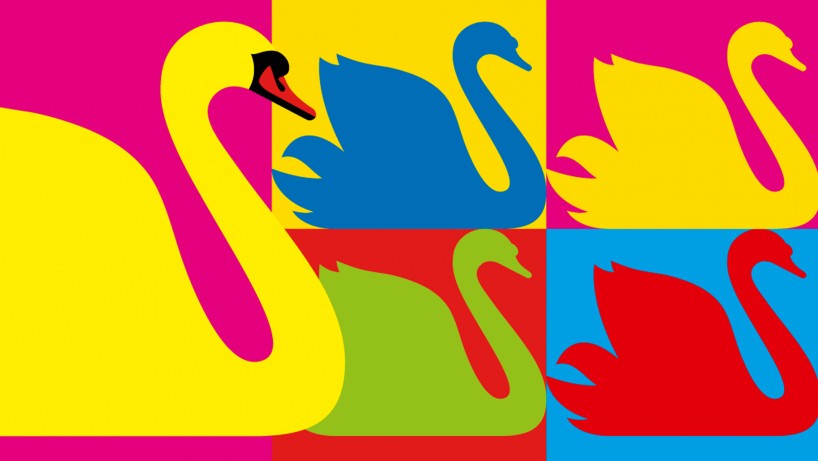
swan packaging
DB: do you have any superstitious beliefs or rules that you live by?
andy: stay humble. listen more, say less.
DB: what’s the best piece of advice you have heard and repeat to others?
andy: you never get a second opportunity to make a first impression.
ian: it’s difficult to choose just one piece of advice. it is better to take numerous pieces of advice, assimilate them and then use them to test hypotheses you’ve created. however, the one piece of advice I pass on most to designers is ‘now everyone looks the same, take a pad with you to meetings and draw something to remind the client why you’re in the room.’
DB: what’s jkr’s motto?
andy: charisma by design.
GRAPHIC STUDIO INTERVIEWS (193)
LOGO DESIGN (244)
PRODUCT LIBRARY
a diverse digital database that acts as a valuable guide in gaining insight and information about a product directly from the manufacturer, and serves as a rich reference point in developing a project or scheme.
